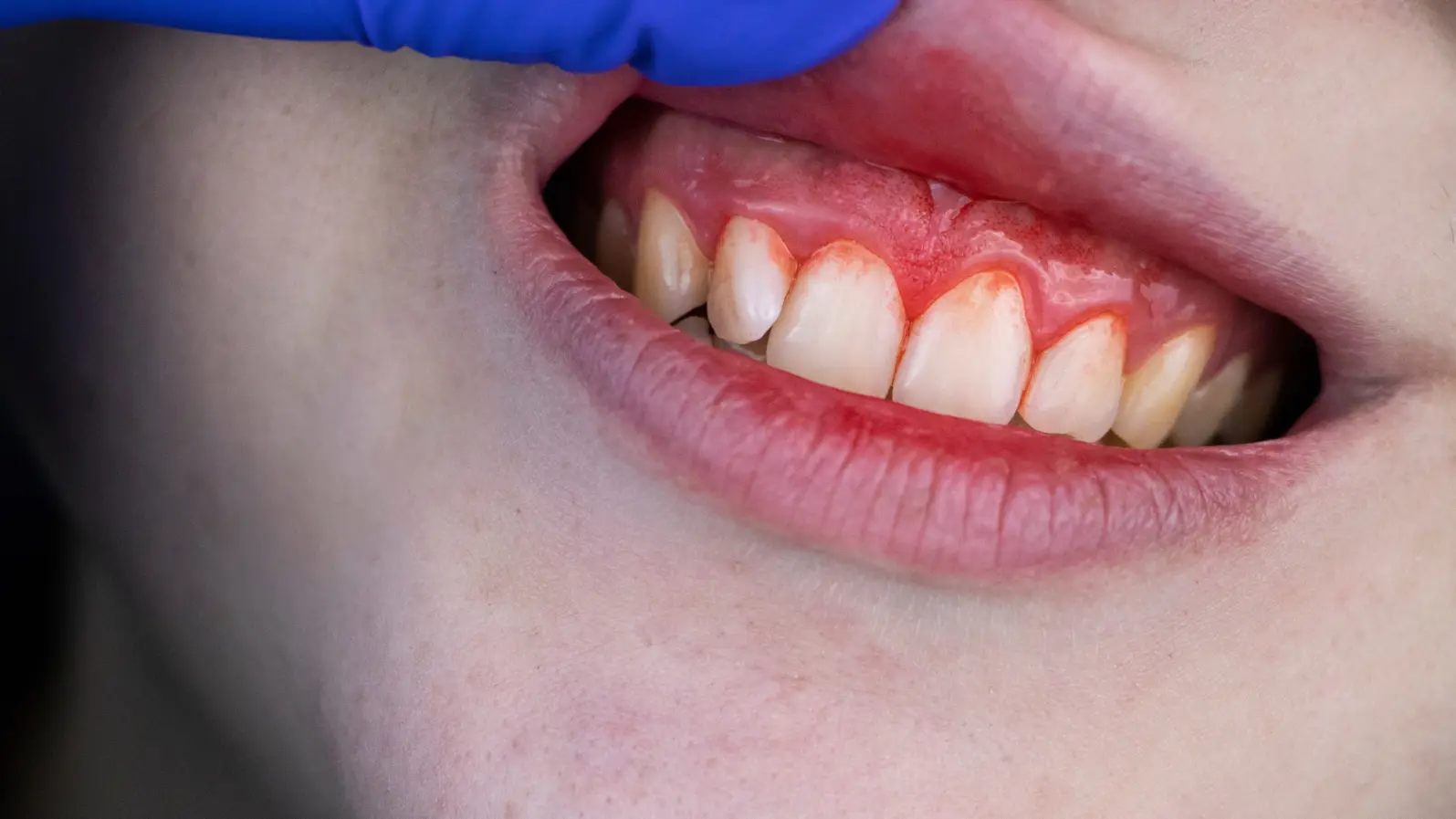
Gum Disease May Fuel Dangerous Heart Rhythm Through Hidden Scarring
A new study reveals a surprising link between oral health and heart health: severe gum disease may contribute to scarring in the heart’s atrium, fueling atrial fibrillation, a common and potentially deadly irregular heartbeat.
The Overlooked Connection Between Mouth and Heart
Atrial fibrillation (AF) is the most frequent heart rhythm disorder worldwide, raising the risk of stroke, heart failure, and premature death. A key player in this condition is atrial fibrosis—the gradual buildup of scar tissue in the atria (the upper chambers of the heart).
Meanwhile, periodontitis—a chronic gum infection caused by bacteria—has long been known to worsen systemic diseases like diabetes, stroke, and rheumatoid arthritis. But its role in heart rhythm disorders has been less clear.
The new research, led by Miyauchi and colleagues at Hiroshima University, is the first to directly examine how gum disease may relate to atrial scarring in patients with AF.
How the Study Was Done
The team studied 76 patients with atrial fibrillation who were scheduled for heart surgery. Before surgery, each patient underwent a detailed dental exam, measuring indicators of gum disease such as:
Bleeding on probing (BOP) – how easily gums bleed when gently checked.
Periodontal probing depth (PPD) – how deep the gaps around teeth are.
Periodontal inflamed surface area (PISA) – an overall measure of gum inflammation.
At surgery, researchers collected tiny tissue samples from the left atrial appendage (a small pouch in the heart where clots often form). They then stained and examined these samples under the microscope to quantify the amount of fibrosis (scar tissue).
What They Found
The results showed a clear, positive correlation:
Patients with worse gum disease had more scarring in the heart’s atrium.
PISA, in particular, showed a strong and independent link with fibrosis, even after adjusting for age, body mass index, AF duration, and other health factors.
Patients with gum disease were also more likely to have left atrial appendage thrombus (blood clots), further raising their stroke risk.
In short: the more inflamed the gums, the more scarred the atrium.
Why This Matters
This study provides direct biological evidence that poor oral health may not just affect teeth—it could worsen atrial fibrillation through scarring and inflammation.
Because gum disease is both common and treatable, the findings open new doors for prevention. Improving dental hygiene and seeking timely periodontal treatment might become part of comprehensive AF management.
The authors note that while the study shows a strong association, it does not yet prove causation. Larger clinical trials are needed to see whether treating gum disease can slow or prevent atrial fibrosis and its dangerous consequences.
Conclusion
The research highlights how interconnected our body truly is: what happens in the mouth may shape what happens in the heart. Dentists and cardiologists, the authors suggest, should collaborate more closely in caring for patients with atrial fibrillation.
Reference
Miyauchi, S., Nishi, H., Ouhara, K., et al. (2023). Relationship Between Periodontitis and Atrial Fibrosis in Atrial Fibrillation: Histological Evaluation of Left Atrial Appendages. JACC: Clinical Electrophysiology, 9(1), 43–53.